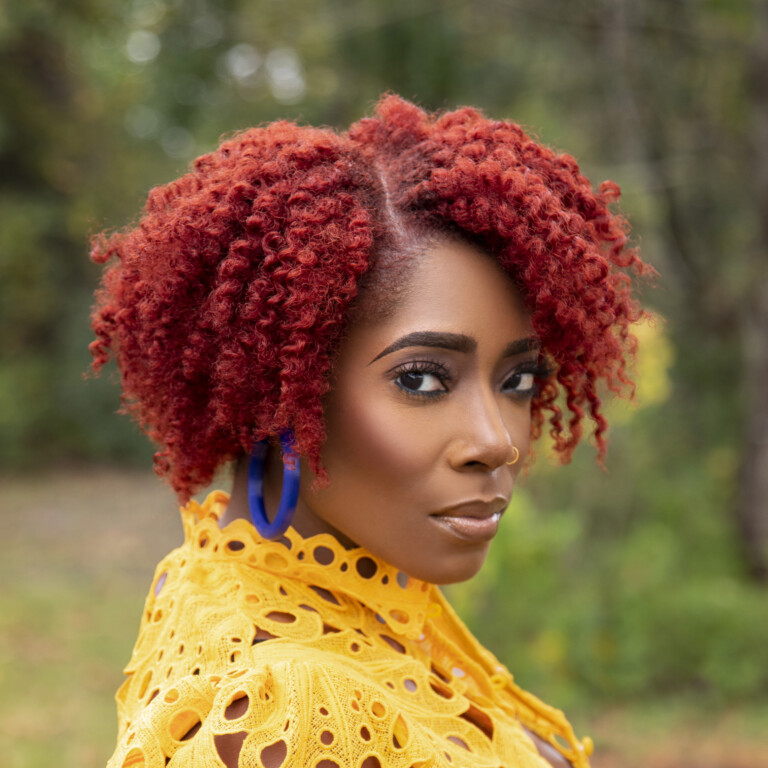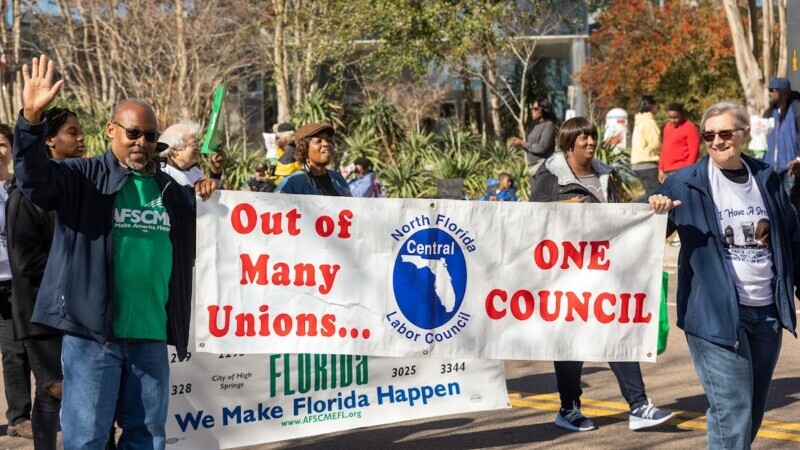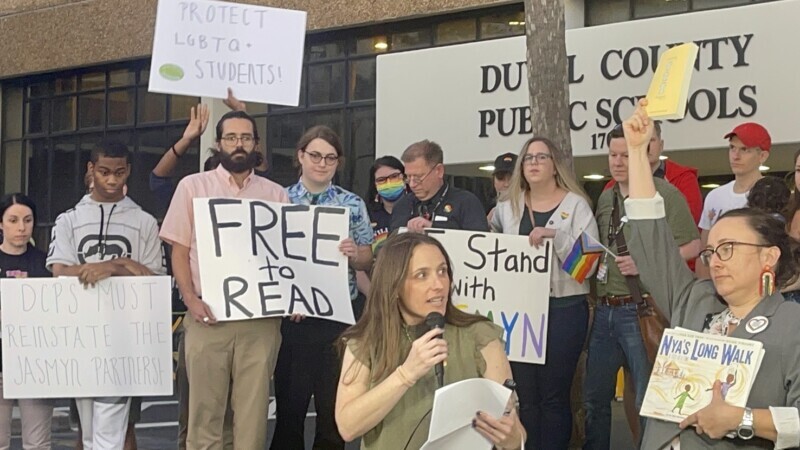
Now that the passionate platitudes praising the sanitized version of Dr. Martin Luther King Jr. have come and gone with the holiday commemorating his birth, perhaps we can remember what would have been the next frontier of the good doctor’s fight. Labor. It’s an equal rights fight that has eluded most American workers, Black or otherwise, since before King was born, and has remained a haint of a hope in the face of a market that has returned to factory work — high tech as it may be — amid a rebooted industrial revolution.
Dr. King didn’t begin to talk about labor in 1968 when he supported the sanitation workers’ strike in Memphis — his most famous speech, at the 1963 March on Washington, was for jobs and freedom. Now, womanist/liberation theology precludes me from falsely equating having a job with freedom. (Hey, Tricia Hersey 👋🏾). To conflate the two or purport that one is the direct result of the other is an insult to my ancestors. But there is something to be said about how an accurate valuation of work and those doing it is foundational for liberation.
Since the U.S. rebounded from the COVID-19 pandemic, economic headlines have been made with buzzy catchphrases like Great Resignation, “quiet quitting” and of course the benchmark phrase of doom: labor shortage. I don’t disagree that there is a shortage in the workforce, as just in Jacksonville we’re short teachers, nurses and doctors, and at one point were so short on sanitation workers that the city’s recycling program was suspended. This shortage of workers is blamed for increased inflation because the people who “are willing to work” are demanding a higher salary.
And to that I say, “What’s the problem?”
We don’t have a labor shortage. There is not a paucity of bodies. We lack the capacity to imagine true liberation as evidenced by the staunch unwillingness of corporations to cut into their own profits, bonuses, golden parachutes and earnings in the name of paying available workers a wage that signifies value, worth, dignity and respect. Appreciation, if you will.
I exited the labor force in 2019 after a successful 11-year career where my credit card consistently interceded on my financial behalf because my ends didn’t meet and the math never mathed. I hustled my way by writing, speaking, publishing and entrepreneuring when what I really needed was what I found last year: a full-time position that allowed me to work and live without having to privilege the former over the latter.
In our hyper-capitalist society that thanks God for Mondays and greets a new morning with “rise and grind” instead of with mercy, it is easy to be deceived by mantras sported proudly across concave chests and growling bellies that hard work works. But this is not labor. This is not dignity, worth, respect or appreciation. It is grind. And grind culture is sinister and insidious in how it ensnares its victims into buying into the belief that another hour, another email, another Zoom, another post, another book, another client, another gig, another Mega Millions ticket will get us to the point where we can quietly quit and take a five-minute nap before returning to the wheel in the backlogged traffic jam of the rat race.
I’ve tried it and I know it and I’ve found it to be an enemy.
Capitalism has co-opted our freedom and our liberation.
We don’t have a labor shortage, and exploiting the eagerness of desperate migrants to work off the books and under the table for less than workers who charm us with kindness and hospitality for tips is evil. Migrants fleeing deteriorating conditions in their home countries, braving the Darien Gap and Rio Grande, deserve to labor with dignity and respect and be paid according to their value and worth too.
But maybe I’m naive to believe this country values work or the people who do it. I should know it doesn’t, because when women dropped out of the labor force in droves to care for children at the height of corona classic, America sighed, shrugged its shoulders, and said, “That’s a you problem.”
So what does this all mean for the liberation of all people, yes, but Black people specifically? How do we realize the dream Martin took to the grave, Fred Hampton was assassinated for believing he could resurrect, and so many others have fallen just short of achieving for themselves, let alone the masses? (They don’t call it survivor’s remorse for nothing). If the fights to unionize by workers at Amazon and Starbucks are any indication, liberation and labor are still as far apart as former lovers in divorce court. But there is an answer if we are willing to respond honestly to a few key questions.
1. What is equity if not a fair, livable and equal wage among the races, sexes and genders?
2. What is freedom if not the ability to move where you please when you please without consequence or thinking of the allowances of your checking account, if you even have one?
3. What is liberation if not the promise we make to ourselves with our labor and the work of our hands?
The hard answers to these simple questions will provide the foundation for all of us to live and work instead of working, grinding ourselves to dust both mortar and pestle, and calling it life.

Nikesha Elise Williams is an Emmy-winning TV producer, award-winning novelist (Beyond Bourbon Street and Four Women) and the host/producer of the Black & Published podcast. Her bylines include The Washington Post, ESSENCE, and Vox. She lives in Jacksonville with her family.






